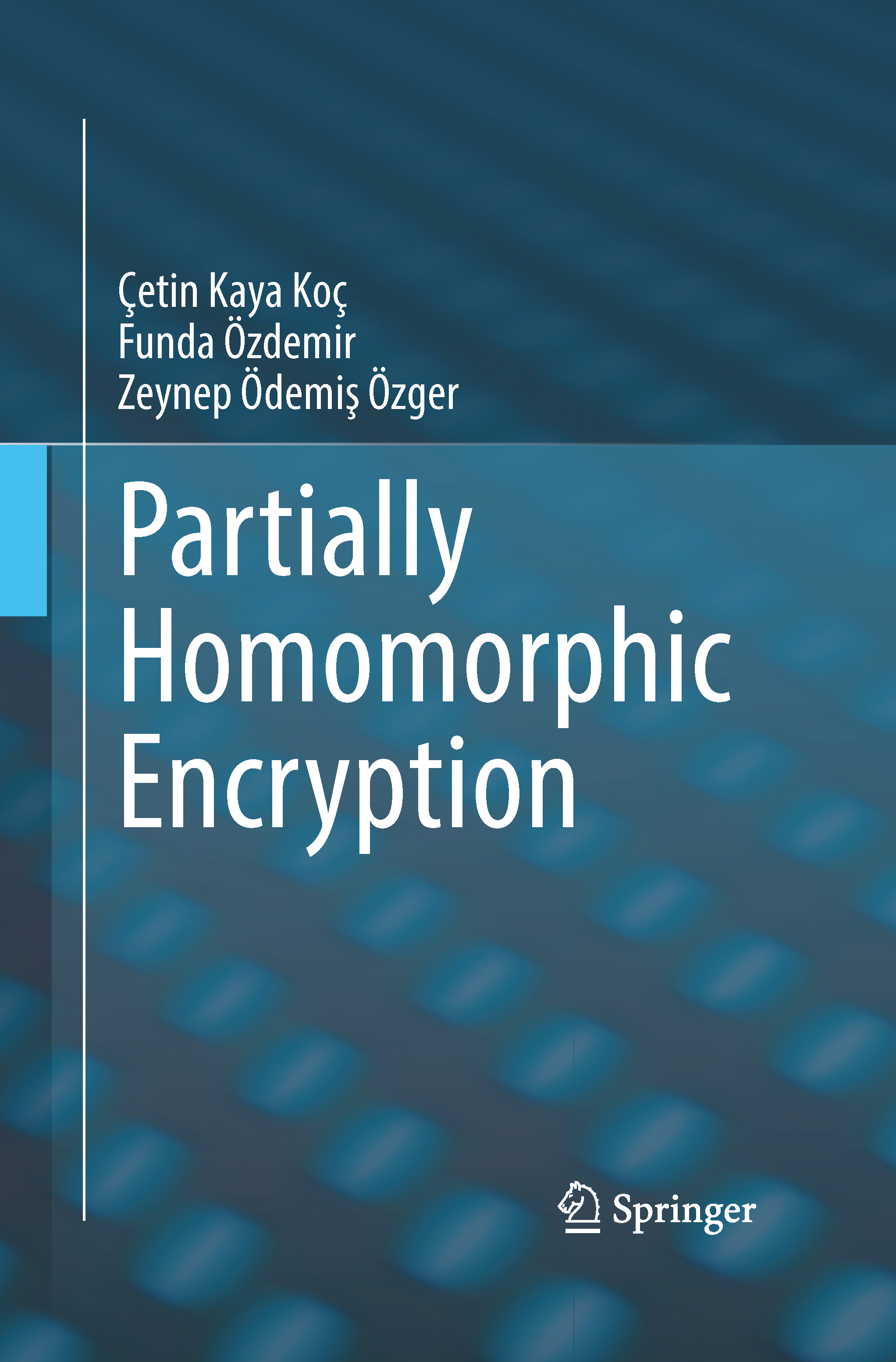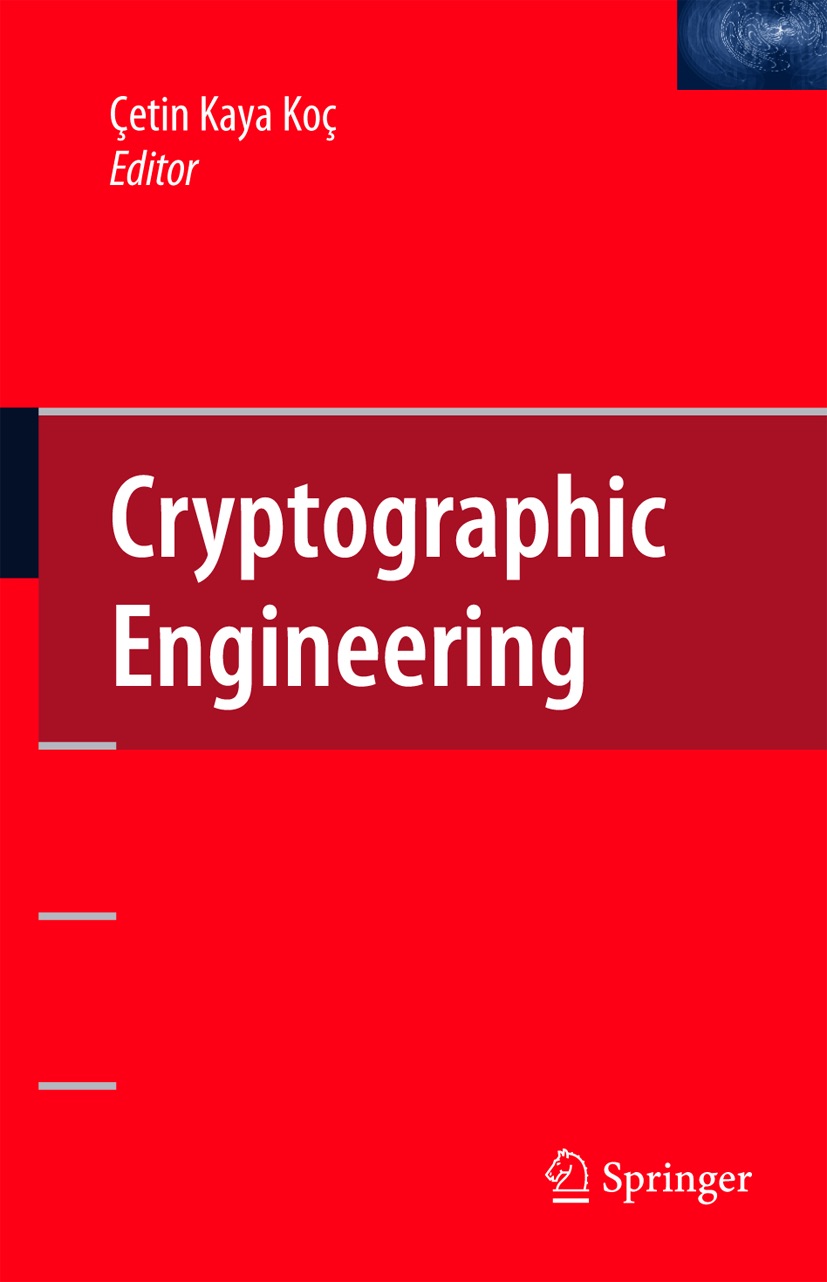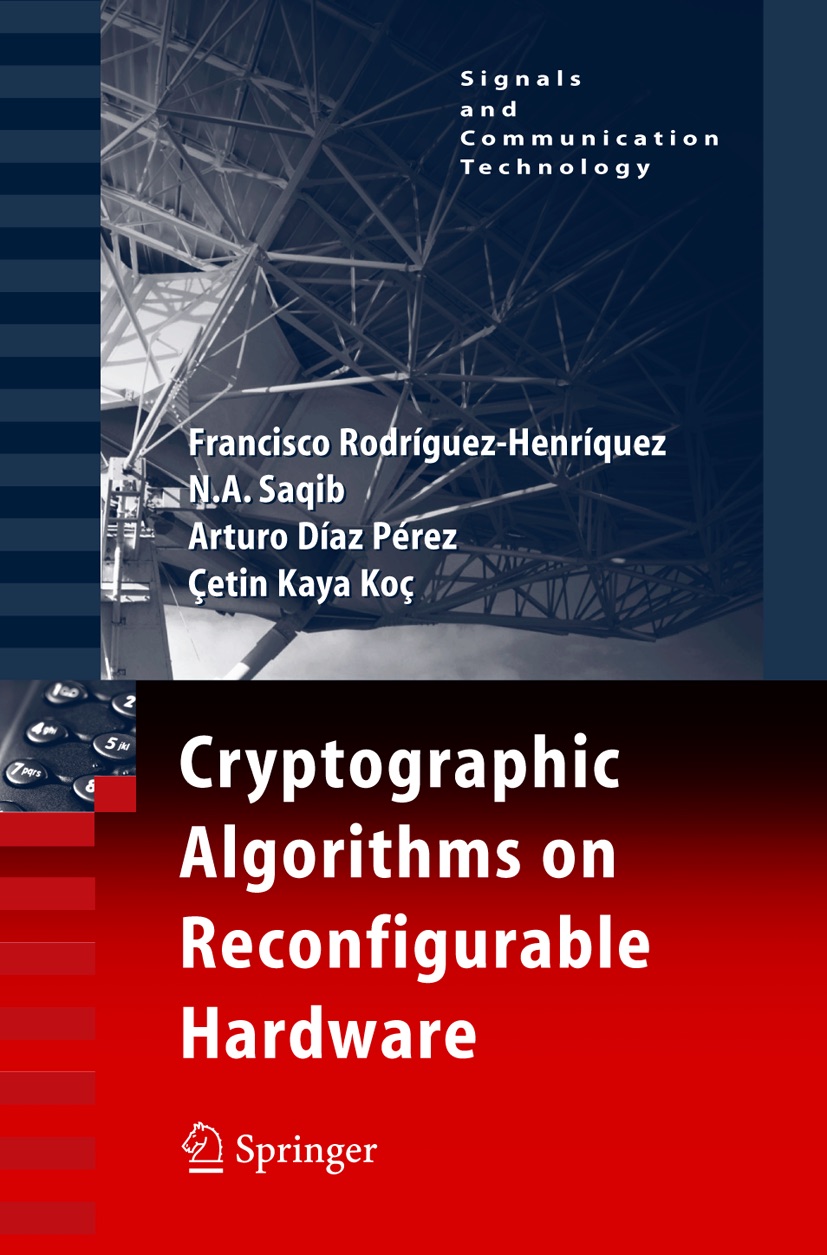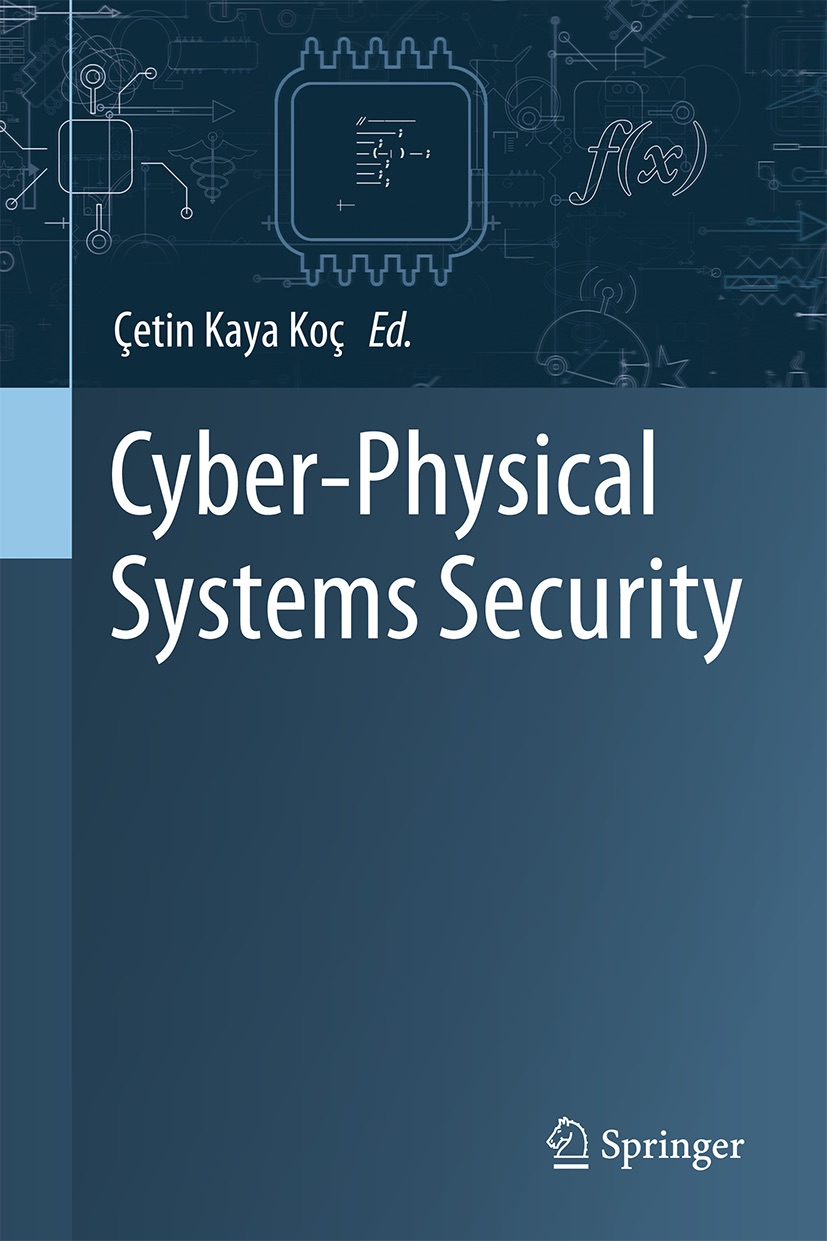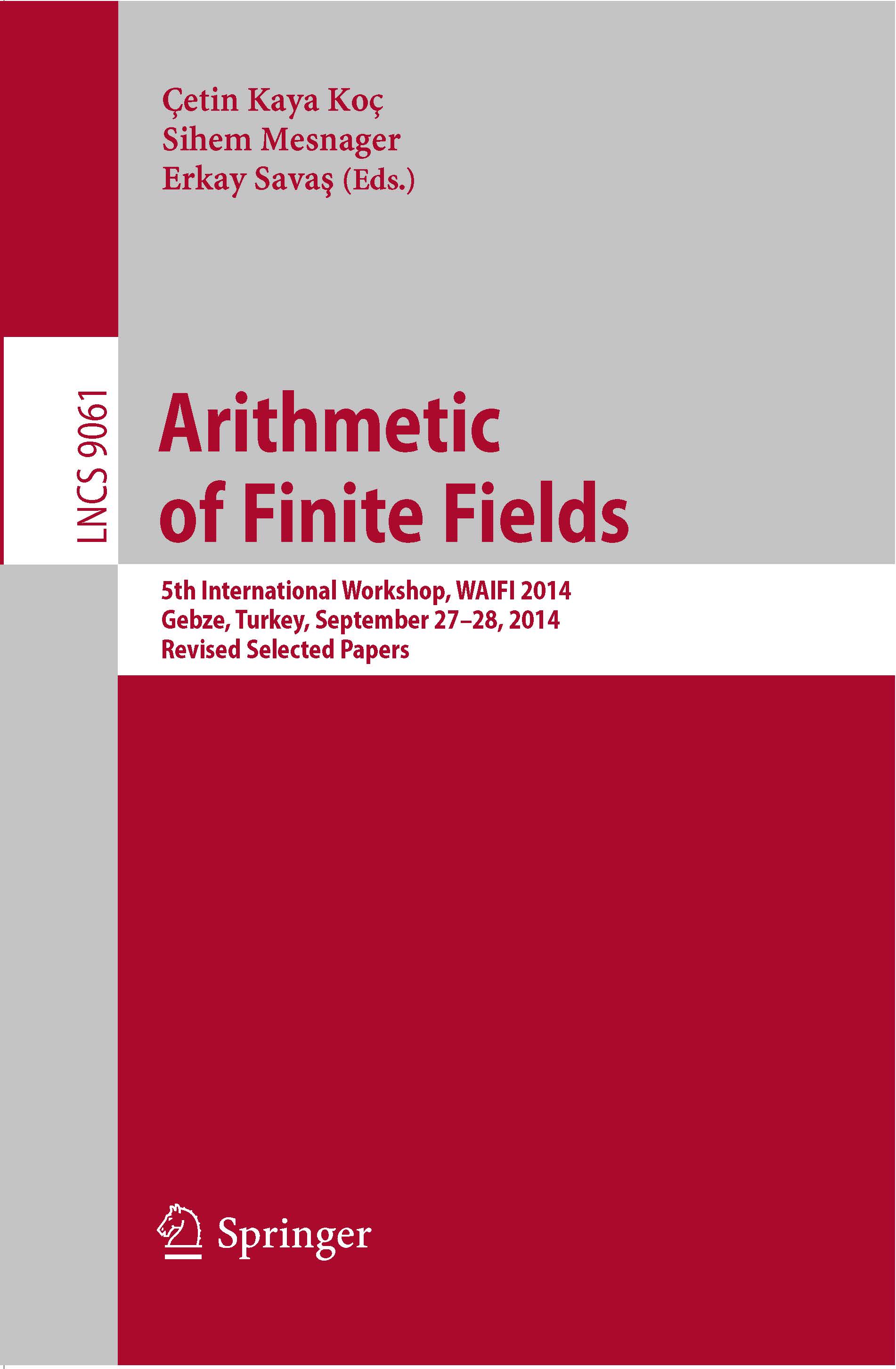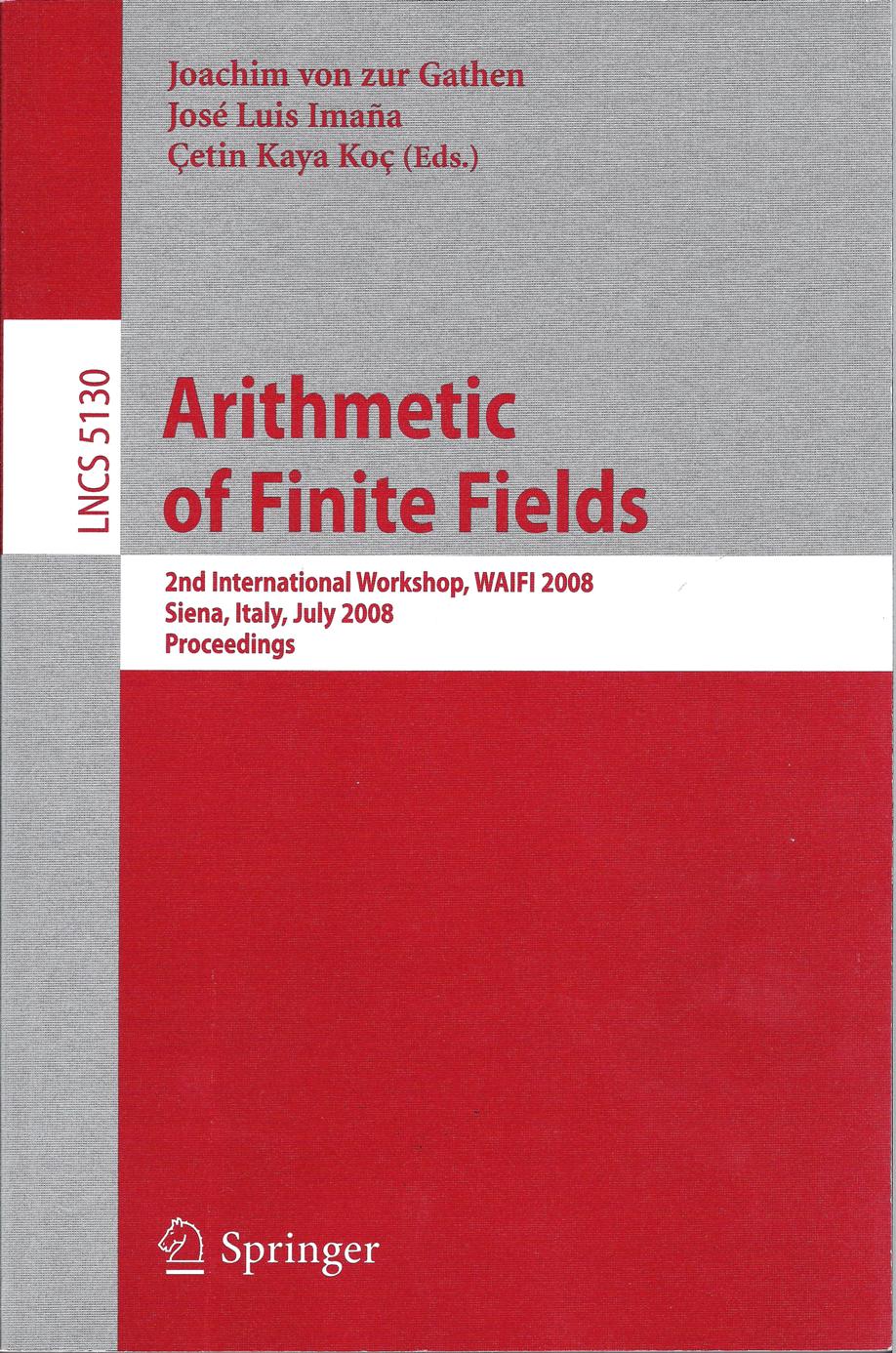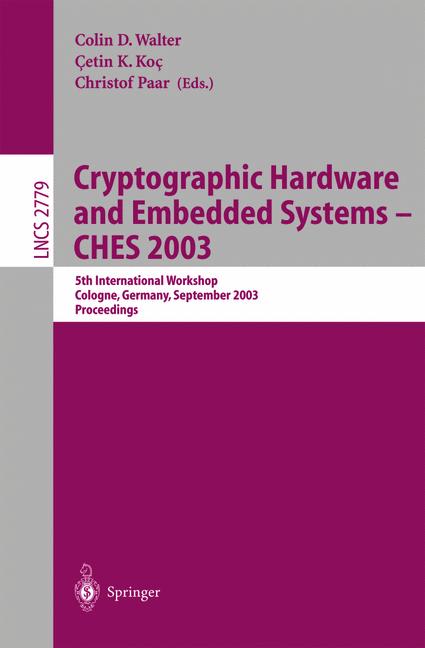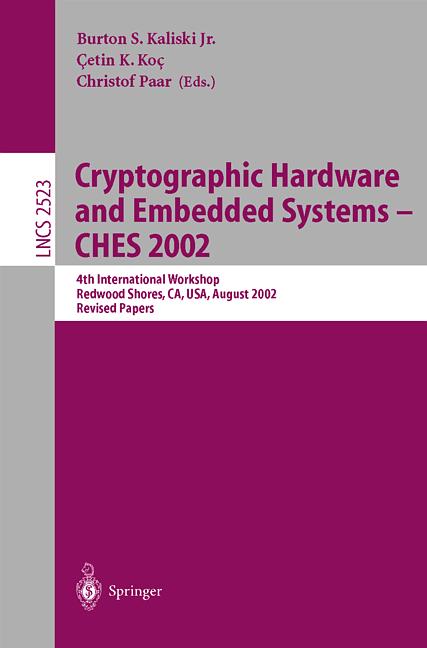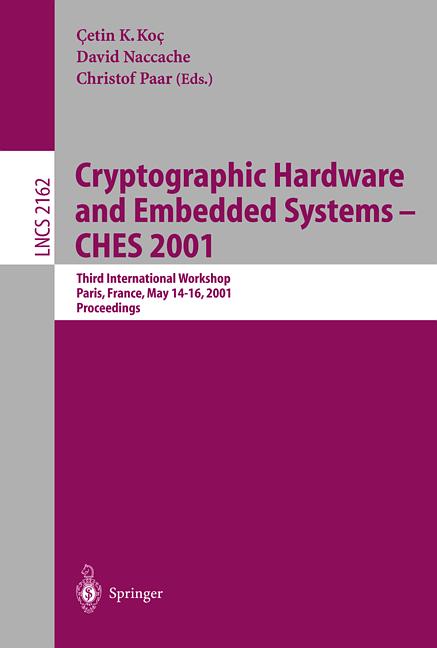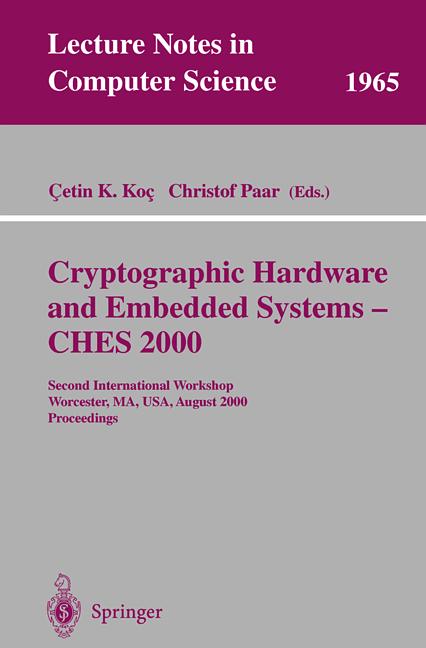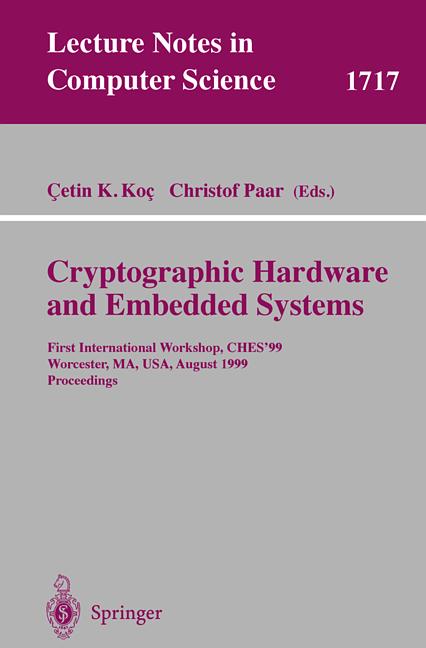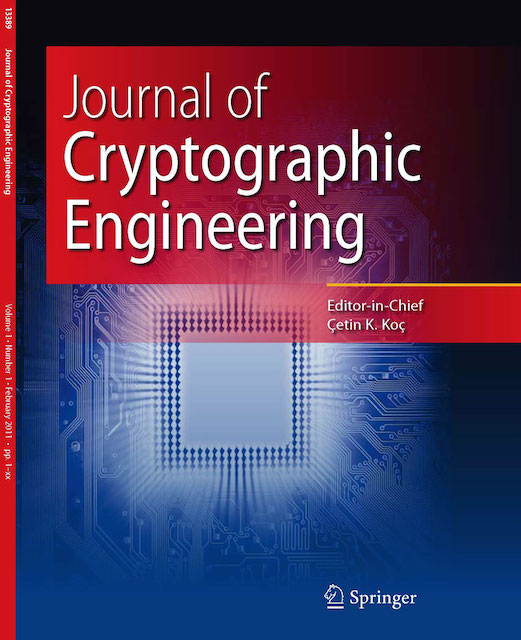
|
Jan 2025 - Journal of Cryptographic Engineering
"MLFormer: a high performance MPC linear inference
framework for transformers",
Journal of Cryptographic Engineering,
Volume 15, Number 2, pages 1-29, 2025.
pdf
|

|
Jan 2025 - ACM TECS
"HSPA: High-throughput sparse polynomial multiplication
accelerators for code-based post-quantum cryptography",
ACM Transactions on Embedded Computing Systems,
Volume 24, Issue 1, pages 1-34, 2025.
pdf
|
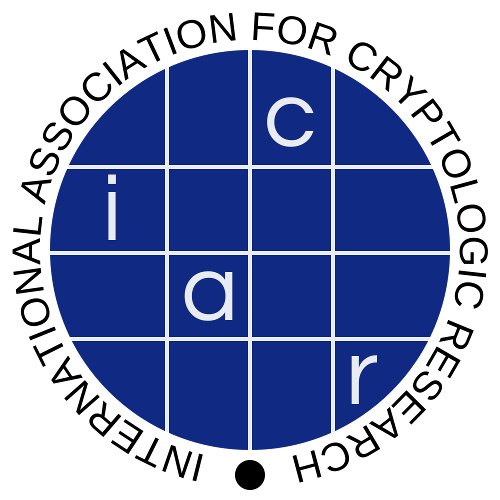
|
Jan 2025 - IACR Transactions on CHES
"LAMP: Efficient Implementation of Lightweight Accelerator for
Polynomial Multiplication, from Falcon to RBLWE-ENC",
IACR Transactions on CHES, Volume 2025, No. 1,
pages 632-655, 2025.
pdf
|
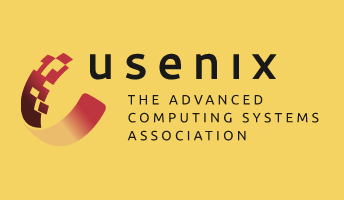
|
Aug 2024 - The 33rd USENIX Symposium
"Faster TLS 1.3 handshake using optimized X25519 and Ed25519",
The 33rd USENIX Symposium, pages 6381-6398,
August 14-16, 2024.
pdf
→ USENIX Distinguished Paper Award
→
png
|
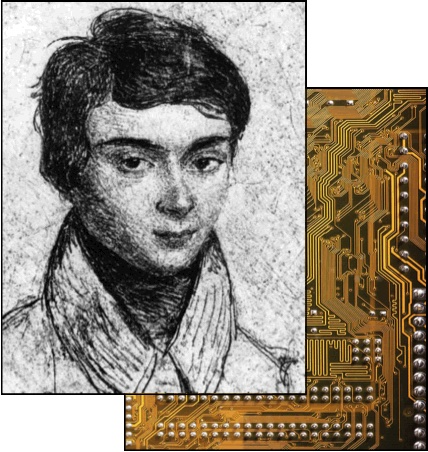
|
Jun 2024 - WAIFI
"SMALL: Scalable Matrix OriginAted Large Integer PoLynomial
Multiplication Accelerator for Lattice-based Post-Quantum
Cryptography", International Workshop on Arithmetic of
Finite Fields 2024, to appear, June 10-12, 2024.
pdf
|

|
Feb 2024 - IEEE TIFS
"Yet another Improvement of Plantard Arithmetic for Faster
Kyber on Low-end 32-bit IoT Devices", IEEE Transactions
Information Forensics & Security,
Volume 19, pages 3800-3813, 2024.
pdf
→ Guangdong Computer Academy
Excellent Paper Award
→
png
|

|
Journal of Cryptographic Engineering
JCEN is the premier forum for algorithms, hardware and
software development in cryptography. Koç is the founding
editor-in-chief of the journal, established in 2011.
url
|
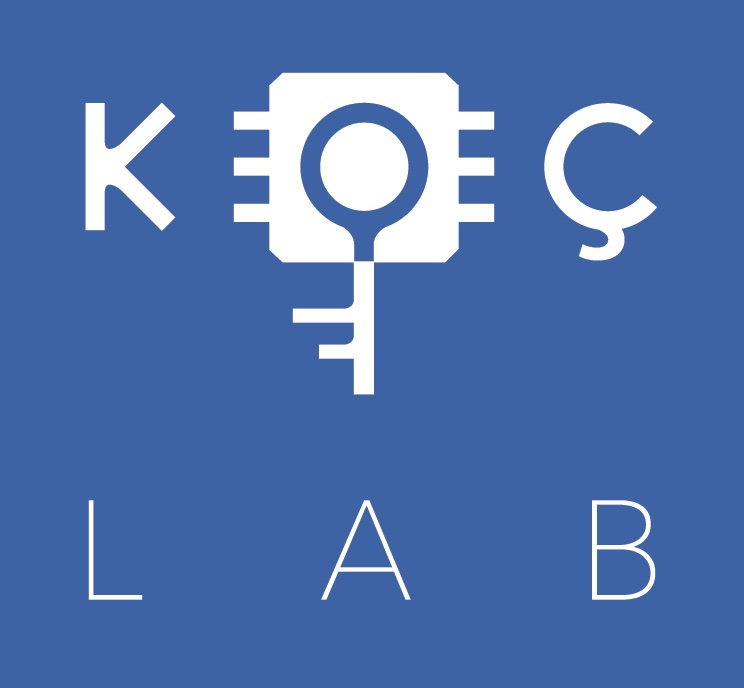
|
Continued in →
news.html
|
|

|
|
Research Areas
|
|
Cryptographic Engineering
provides techniques, mechanisms, and tools for designing algorithms,
architectures, hardware and software that support private and
authenticated communication, allowing secure and authenticated
transactions over communication networks.
Finite Field Arithmetic
studies mathematical properties of finite rings and fields in
order to discover novel representations of the elements and
fast algorithms for arithmetic operations for designing efficient
software and hardware for cryptography and error-correcting codes.
Random Number Generators
are used for supplying secret keys, private keys, and ephemeral
and initializing variables in cryptographic systems. Its
foundations are based on cryptographic randomness, in terms of
its entropy under the different measures and its complexity
as methods of representation and underlying mathematical functions.
Homomorphic Encryption
is a form of encryption that allows computations to be performed
on encrypted data without decrypting it. Homomorphic
encryption is used for privacy-preserving outsourced storage and
computation. This allows data to be encrypted and out-sourced to
commercial cloud environments for processing,
while remain encrypted.
Machine Learning
is a field of study in artificial intelligence concerned with the
development and study of algorithms that can learn from data and
generalize, and thus perform tasks without explicit instructions.
Machine learning approaches have been applied to many fields
including large language models, computer vision, speech
recognition, agriculture, and medicine.
|
|



